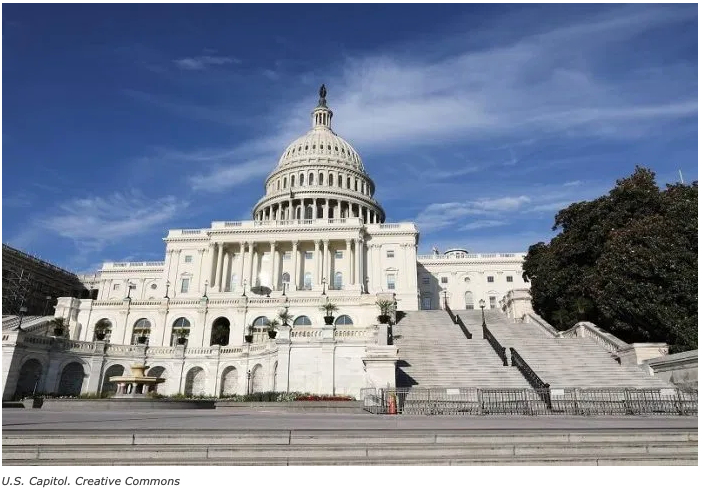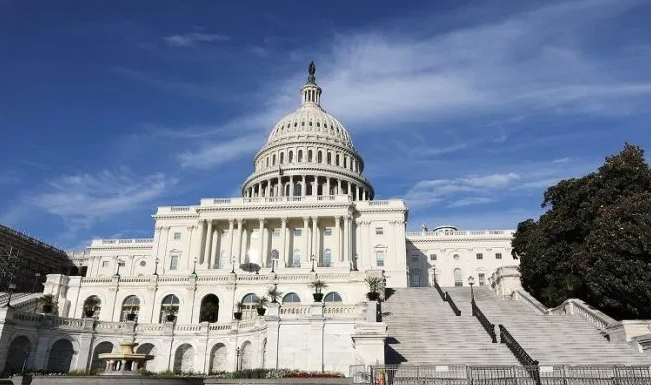Three members of Maryland’s congressional delegation have signed on as co-sponsors to new legislation that would commit the U.S. to achieve a 100% clean energy economy by 2050.
Democratic Reps. Jamie Raskin, John P. Sarbanes and David J. Trone are among the more than 150 co-sponsors of the bill, which was floated this week by Rep. Don McEachin (D-Va.).
McEachin’s bill, which has the backing of national environmental groups, has been in the works for months. It would require economy-wide net-zero greenhouse gas emissions; it would also direct federal agencies to draft plans to clamp down on emissions that contribute to climate change.
“The need to act on climate has never been clearer: 2019 is on pace to be one of the hottest years ever recorded and every week brings another community damaged by extreme weather events fueled by climate change,” McEachin said in a statement.
 The bill, called the 100% Clean Economy Act of 2019, “will protect public health and our environment; create high-quality green jobs that will strengthen our economy; and mitigate the impacts of climate change for all communities and all generations,” he said.
The bill, called the 100% Clean Economy Act of 2019, “will protect public health and our environment; create high-quality green jobs that will strengthen our economy; and mitigate the impacts of climate change for all communities and all generations,” he said.
Michael Brune, executive director of the Sierra Club, said McEachin’s bill “presents an opportunity to tackle the climate crisis while providing federal leadership towards the creation of a new energy system.”
A major United Nations report released last year said the world could face catastrophic climate change impacts unless global greenhouse gas emissions are cut by 45 percent by 2030. The world would need to achieve net-zero emissions by 2050, the report found.
The targets in McEachin’s proposal are less ambitious than the Green New Deal, a proposal championed by U.S. Rep. Alexandria Ocasio-Cortez (D-N.Y.) and U.S. Sen. Bernie Sanders (I-Vt.) that aims to transition the United States to 100% renewable energy by 2030.
McEachin, who isn’t a co-sponsor of the Green New Deal, called that legislation, introduced as a resolution, “aspirational,” noting that it lays out broad goals but doesn’t articulate a path forward.
Raskin is also a co-sponsor of the Green New Deal.
McEachin said his bill “is still ambitious and it’s very consistent with what scientists tell us we have to achieve.”
The bill is one of several major pieces of climate change efforts introduced in the House since Democrats took control of the chamber in January. But while some of those efforts could clear the House this Congress, they’re unlikely to get traction in the GOP-controlled Senate.



Write a Letter to the Editor on this Article
We encourage readers to offer their point of view on this article by submitting the following form. Editing is sometimes necessary and is done at the discretion of the editorial staff.